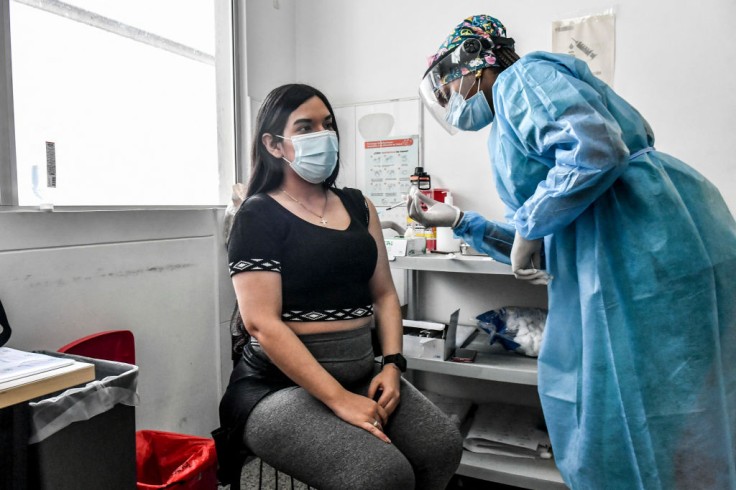
In a significant step towards protecting vulnerable infants, an independent advisory committee to the Food and Drug Administration (FDA) is currently assessing Pfizer's RSV vaccine for infants, a potential breakthrough in pediatric healthcare.
This pivotal decision, if eventually approved, would mark the first-ever RSV vaccine for infants in the United States. The vaccine is specifically administered to pregnant mothers, allowing the protective antibodies to transfer to infants through the placenta.
RSV, or respiratory syncytial virus, has long been a cause for concern among medical professionals due to its impact on infants. Before the COVID-19 pandemic, RSV ranked as the leading cause of infant hospitalization in the country.
Examining the Vaccine's Efficacy
As reported by NBC News, during a clinical trial involving nearly 7,400 participants, the vaccine demonstrated promising results in reducing the risk of severe RSV disease among infants. Within approximately three months after birth, the vaccine showcased an impressive 82% efficacy. By the six-month mark, the efficacy remained at around 69%.
These findings are particularly significant as infants aged six months and younger are highly vulnerable to severe RSV cases.
Furthermore, the vaccine also exhibited a notable 51% reduction in the risk of developing respiratory diseases from RSV that required medical intervention within about six months.
However, beyond that timeframe, the vaccine did not appear to provide substantial benefits. These results underscore the importance of maternal immunization as a critical component in safeguarding infants during their first year of life and beyond.
According to the CDC, RSV is the predominant source of bronchiolitis and pneumonia in children under the age of one in the United States.
Annually, it results in an estimated 6,000 to 10,000 fatalities among adults aged 65 and above, as well as 100 to 300 deaths in children below the age of five.
FDA Panel Decision and the Path Ahead
The FDA advisory committee's vote on the Pfizer RSV vaccine for infants is eagerly awaited by medical professionals and concerned parents.
While the committee's decision is not final approval, the FDA typically follows the recommendations of its advisory panels. Therefore, a positive vote would be a significant step towards securing FDA approval, although the actual approval process could still take several months.
As per CNN, it is worth noting that the FDA has already approved the world's first RSV vaccine, manufactured by pharmaceutical giant GSK, but only for adults aged 60 and above. Pfizer is also awaiting FDA approval for its RSV vaccine targeting older adults later this month.
The potential approval of Pfizer's vaccine for pregnant mothers and infants would fill a crucial gap in addressing RSV across different age groups.
Read Also: Perrigo Issues Voluntary Recall of Gerber Good Start Infant Formula Due to Contamination Concerns
Safety Considerations and Future Prospects
Ensuring the safety of any vaccine is paramount. Among pregnant women who received the Pfizer RSV vaccine, the most commonly reported side effects were headaches, fatigue, injection site pain, and muscle pain.
Additionally, according to CNBC, there was a slightly higher rate of preterm births among vaccinated individuals compared to those who received a placebo. However, the statistical significance of this difference remains unclear, leaving questions regarding any potential vaccine-related effects.
While the focus is currently on Pfizer's RSV vaccine, it is worth mentioning that a monoclonal antibody injection, functioning similarly to a vaccine, has already been approved in the United Kingdom, Europe, and Canada for direct administration to infants.
The FDA has been reviewing data on this particular shot since January and is expected to make a decision later this year. These parallel developments highlight the growing commitment to combating RSV and protecting vulnerable populations.
The FDA committee's evaluation of Pfizer's RSV vaccine for infants represents a significant milestone in pediatric healthcare.
The potential approval of this vaccine, administered to pregnant mothers, could be a lifesaver for babies, reducing the risk of severe RSV cases and related respiratory diseases.
While the committee's decision is forthcoming, the positive clinical trial results provide hope for parents and medical professionals alike.